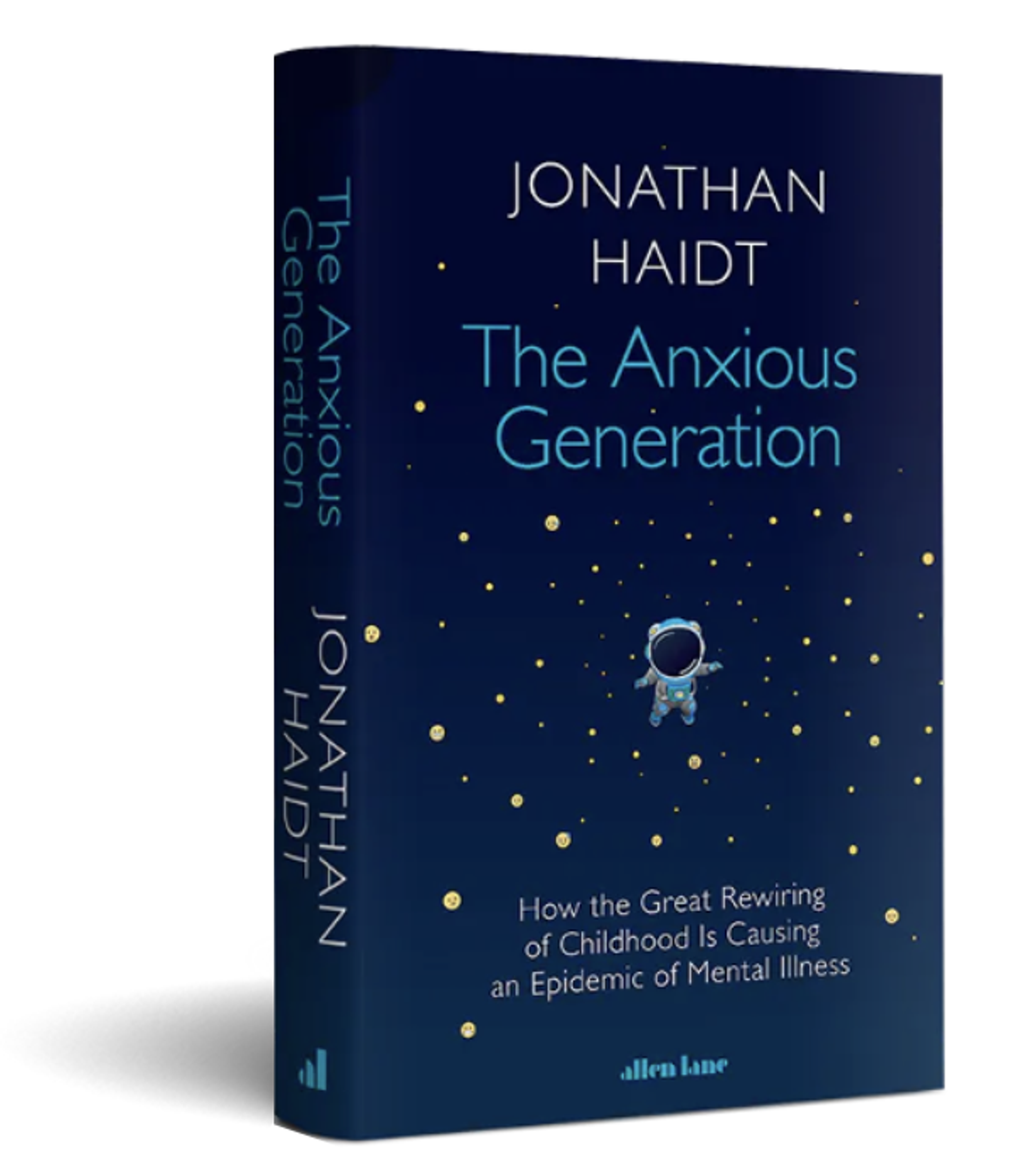Winter Book Club

Chapter 3: Discover Mode and the Need for Risky Play
I have shared previously that I am an avid open water swimmer. While I am happy going up and down a lane in a pool with a predictable and consistent water temperature, it is nothing like watching the sun rise as I move up and down in the swell and see fish dart by or a sting ray move effortlessly through the water.
The number one question I am asked is whether I worry about sharks. My response is that I avoid unnecessary risks and know that statistically, there is more danger driving to the beach than being attacked. I am, however, probably more wary of the risks for my children. One of them recently went on a five-day hike in Central Australia. I know he, and the group with him, are all experienced hikers and had thoroughly researched the trip. Regardless, they are still young and can be impulsive and there is always an element of unpredictability in nature. I felt myself relax once I knew they had arrived in Alice Springs.
We all want to protect our children from harm. Haidt argues that many families have an unbalanced perspective. While they have a heightened sense of potential dangers in the real world, they are less alert to the risks associated with the virtual world. I highly recommend the podcast I refer to in this week’s newsletter article. This provides some extra examples of the difference between risk in the real world and risk in the virtual world.
I would also recommend reading this article from the Guardian newspaper. It reports on the concerning way in which algorithms are directing content to user profiles. I have heard from several boys tell me that they have not gone looking for sexually explicit or sexist material but that it regularly comes up on their feed.
I also appreciated the commentary on the difference between discover and defend mode. In a school context, I have often talked to students about learning and performance mode. Learning mode should be every day in the classroom. Performance mode is the rare times when there is added pressure to demonstrate what has been learned, when there is some form of external evaluation that have higher stakes attached. While I know students feel more pressure from assessments, these are still learning experiences. There is rarely a cost if they don’t perform.
Students in the preteen and teen years already feel more internal pressure to perform when it comes to social relationships. They need to belong and feel connected to their peer group. There has been a long-standing awareness of how the media images can skew a young person’s sense of what it needed to be acceptable. I think what is different for young people now to when we were young is the amount of exposure and, because there is so much more capacity to craft an image, that the standards of perfection are so much more unrealistic. The extra degree of anonymity and distance means that people can be so much more hurtful than they would be in the real world.
It concerns me that children are often slow to share with their families what is happening for them and also reluctant to stand up to others. I would love to hear how parents are trying to address this with their children.
Jodie Bennett
Principal
